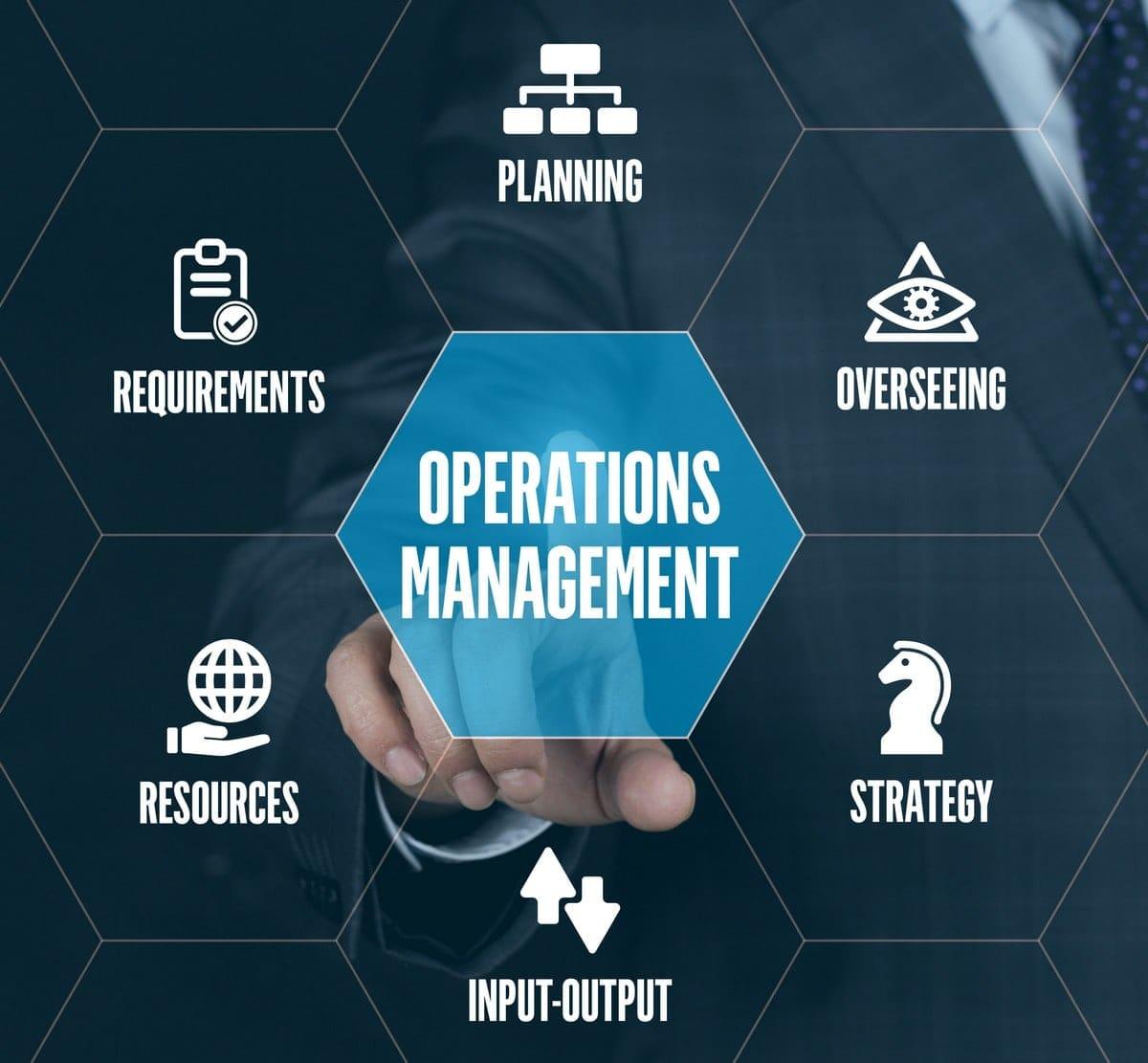How AI Tools Streamline Communication in Operations Management

In today's fast-paced business environment, effective communication is essential for successful operations management. Miscommunication can lead to inefficiencies, delays, and increased costs. As organizations increasingly turn to AI tools for operations management, they are discovering innovative ways to enhance communication across teams and departments. This article will explore how AI tools can streamline communication, improve collaboration, and foster a more efficient operational workflow.
The Importance of Communication in Operations Management
Effective communication in operations management is vital for several reasons:
-
Coordination: Clear communication ensures that all team members are on the same page regarding goals, timelines, and responsibilities. This coordination is crucial for meeting project deadlines and maintaining quality standards.
-
Problem-Solving: When issues arise, quick and effective communication allows teams to address challenges promptly, minimizing disruptions to operations.
-
Feedback and Improvement: Open lines of communication facilitate feedback from employees, which can drive continuous improvement in processes and workflows.
-
Employee Engagement: Good communication fosters a positive work environment, increasing employee engagement and satisfaction. Engaged employees are more likely to be productive and committed to their roles.
Given these factors, integrating AI tools into operations management can significantly enhance communication processes.
How AI Tools Enhance Communication
1. Real-Time Data Sharing
AI tools enable real-time data sharing across various platforms, ensuring that all stakeholders have access to the most current information. This capability is particularly beneficial for operations management, where timely data is critical for decision-making.
- Centralized Information: AI tools can aggregate data from different sources into a single platform, making it easier for teams to access relevant information without searching through multiple systems.
- Instant Updates: With AI tools, updates can be communicated instantly, reducing the lag time associated with traditional communication methods. This immediacy allows teams to react quickly to changes in the operational landscape.
2. Enhanced Collaboration
AI tools facilitate collaboration by providing platforms that enable team members to work together seamlessly, regardless of their physical locations.
- Collaborative Platforms: Tools like AI-driven project management software allow team members to collaborate on tasks, share files, and track progress in real-time. This collaborative environment enhances teamwork and reduces misunderstandings.
- Virtual Assistants: AI-powered virtual assistants can help schedule meetings, set reminders, and manage team calendars, ensuring that everyone is aware of important deadlines and appointments.
3. Improved Communication Channels
AI tools can streamline communication channels, reducing the clutter often associated with traditional methods like email.
- Chatbots: AI-powered chatbots can handle routine inquiries and provide instant responses to common questions, freeing up human resources for more complex issues. This reduces response times and improves overall communication efficiency.
- Natural Language Processing (NLP): AI tools equipped with NLP can analyze and interpret messages, allowing for more effective communication between teams. These tools can summarize lengthy communications, highlight key points, and even suggest responses.
4. Enhanced Analytics and Insights
AI tools can analyze communication patterns and generate insights that help organizations improve their communication strategies.
- Performance Metrics: AI can track communication metrics, such as response times and message engagement, providing valuable data on how effectively teams are communicating.
- Feedback Analysis: AI tools can analyze feedback from employees and customers, identifying common themes and areas for improvement. This analysis helps organizations refine their communication processes and address issues proactively.
5. Streamlined Decision-Making
Effective communication is crucial for timely decision-making. AI tools facilitate this by providing decision-makers with the information they need in a clear and concise manner.
- Dashboards and Reports: AI-driven dashboards can present key performance indicators (KPIs) and other critical data in a visually appealing format, making it easier for leaders to assess the situation and make informed decisions.
- Scenario Analysis: AI tools can simulate different scenarios based on various data inputs, allowing teams to evaluate potential outcomes and make decisions based on real-time data analysis.
6. Enhanced Remote Communication
As remote work becomes increasingly common, AI tools play a vital role in ensuring effective communication between teams working from different locations.
- Video Conferencing: AI-powered video conferencing tools enhance virtual meetings by providing features like automatic transcription, real-time language translation, and participant engagement analytics.
- Remote Collaboration Tools: AI tools designed for remote collaboration can help teams stay connected and engaged, ensuring that communication remains fluid regardless of physical distance.
Implementing AI Tools for Better Communication
To successfully integrate AI tools for operations management, organizations should consider the following steps:
-
Assess Communication Needs: Identify the specific communication challenges faced by the organization and determine how AI tools can address these issues.
-
Choose the Right Tools: Select AI tools that align with your organization's goals and communication requirements. Consider factors such as ease of use, integration capabilities, and scalability.
-
Train Employees: Provide training for employees on how to use AI tools effectively. Ensuring that team members are comfortable with the technology is crucial for maximizing its benefits.
-
Monitor and Evaluate: Continuously monitor the effectiveness of AI tools in improving communication. Gather feedback from employees and make adjustments as necessary to enhance the tools and processes.
Conclusion
Integrating AI tools for operations management can significantly streamline communication processes within organizations. By enhancing real-time data sharing, improving collaboration, and providing valuable insights, these tools help create a more efficient operational environment. Effective communication fosters coordination, problem-solving, and employee engagement, all of which are vital for successful operations management. As businesses continue to embrace AI, leveraging these tools for improved communication will be essential for staying competitive in today’s dynamic marketplace.
- Art
- Causes
- Crafts
- Dance
- Drinks
- Film
- Fitness
- Food
- Oyunlar
- Gardening
- Health
- Home
- Literature
- Music
- Networking
- Other
- Party
- Religion
- Shopping
- Sports
- Theater
- Wellness
- IT, Cloud, Software and Technology


